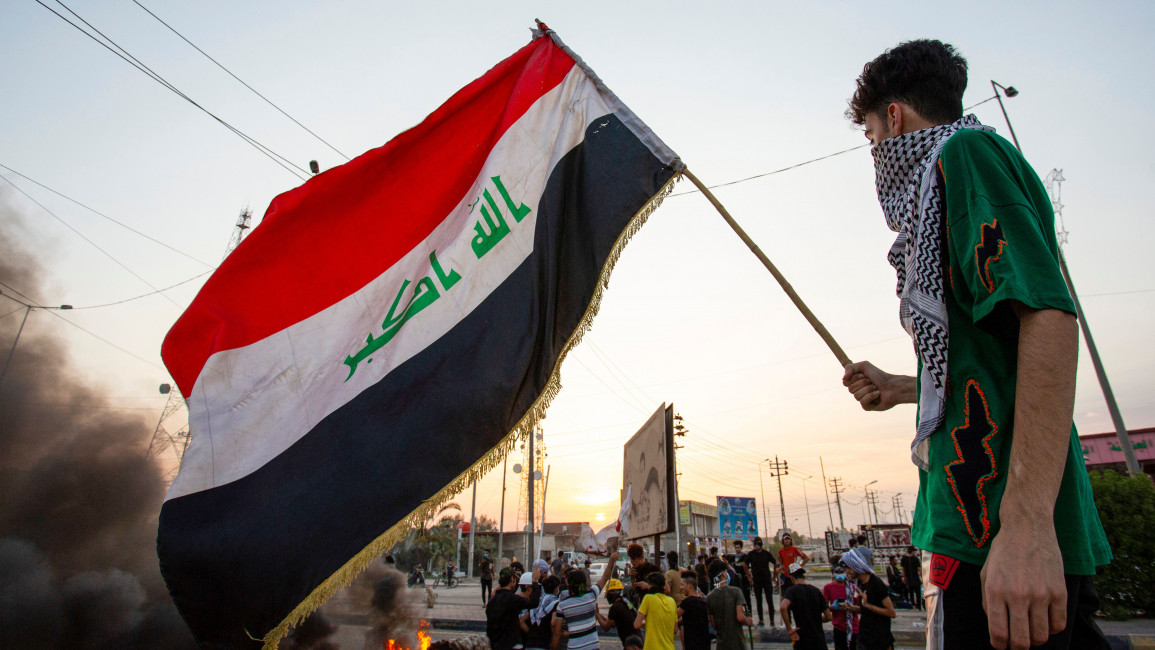Iraqis protest round-the-clock blackouts amid soaring heatwave
Hundreds of Iraqi protesters demonstrated Friday in several southern towns and at a government-run power plant against prolonged electricity cuts as temperatures across the country soared.
"We want electricity to be restored and if it isn't we're not leaving this plant. We're going to stay put and shut it down," demonstrator Diaa Wady told AFP outside Al-Khairat electricity station near the city of Karbala.
The predominantly male crowd surrounded and attacked the car of an official, smashing its rear window and shouting.
Iraq - the second largest producer in the OPEC oil cartel - buys gas and power from neighbouring Iran to supply about a third of its power sector, dilapidated by decades of conflict, poor maintenance and rampant corruption.
But Iran decided last month to cut crucial power supplies to its neighbour, saying the Iraqi electricity ministry owes it more than $6 billion in arrears.
"We are peaceful protesters who are here only for our rights. Our demand is for electricity to return and if it doesn't we'll bring our tents and camp out," said frustrated demonstrator Sajjad Aoun al-Kiriti.
With daily highs topping 50 degrees Celsius (122 Fahrenheit) for several days in succession, dozens also protested Friday in other southern provinces such as Maysan, Wasit and Al-Kut.
The electricity ministry says the blackouts, which started last week in the south before spreading to the rest of Iraq, were caused by unexplained attacks on power lines.
"Someone is trying to destabilise the country and sow chaos," ministry spokesman Ahmad Moussa said on television, without giving details.
Electricity minister Majed Hantoosh resigned in late June, a day before Tehran announced its cutback in supplies.
It was the 18th year in succession that Iraq's minister of electricity has failed to survive the summer season.
Boiling temperatures and power outages often go hand in hand during the summer months in Iraq, but there are other factors behind the latest crisis.
Iraq says it is unable to pay because of US sanctions on money transfers to Iran, a deep financial crisis compounded by lower oil prices, and the Covid-19 pandemic.
The government in Baghdad also says few consumers are paying their utility bills, with many stealing electricity by hooking up lines illegally to power mains.



